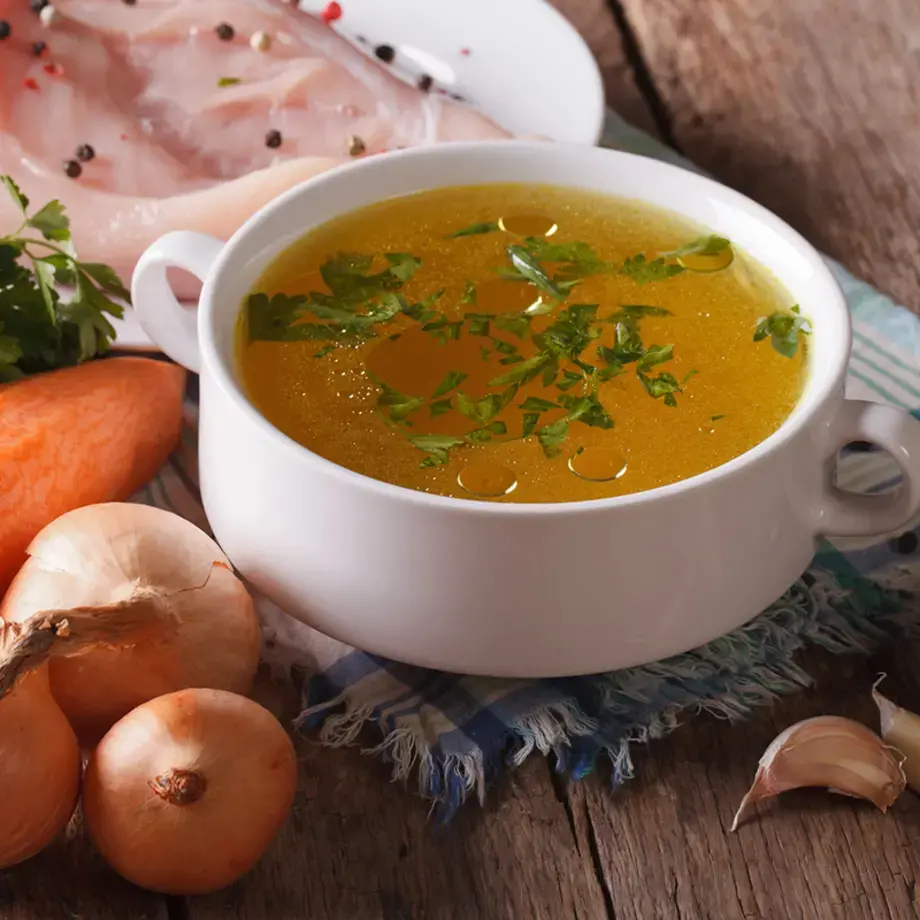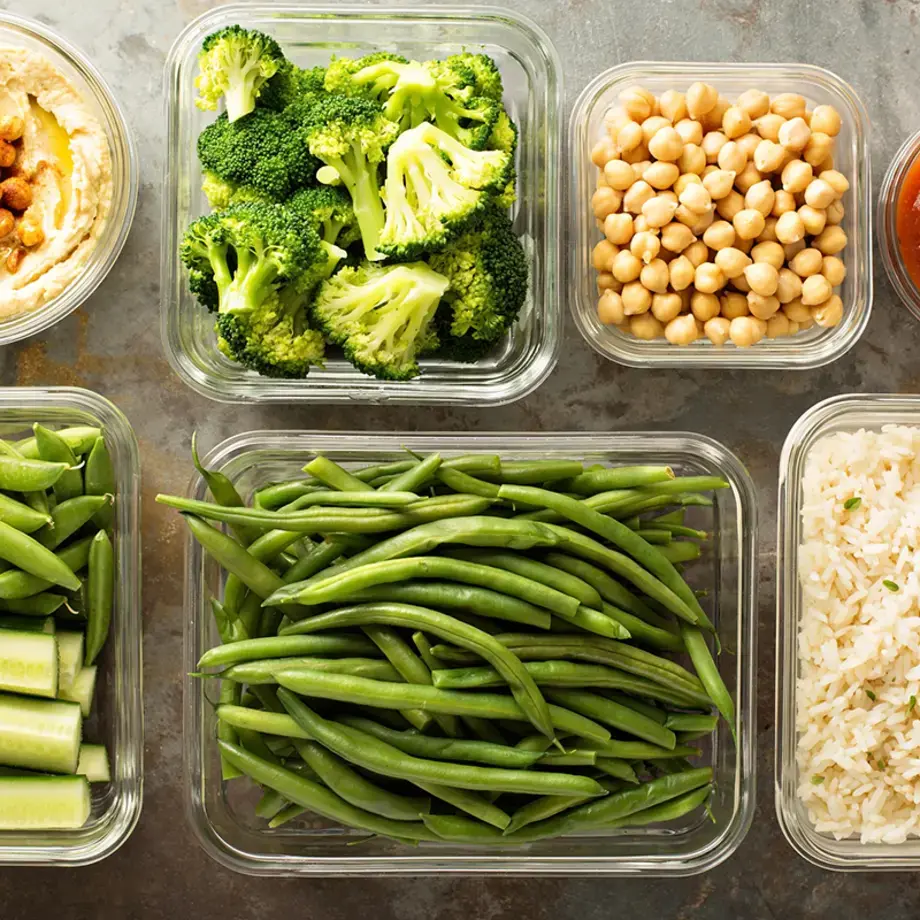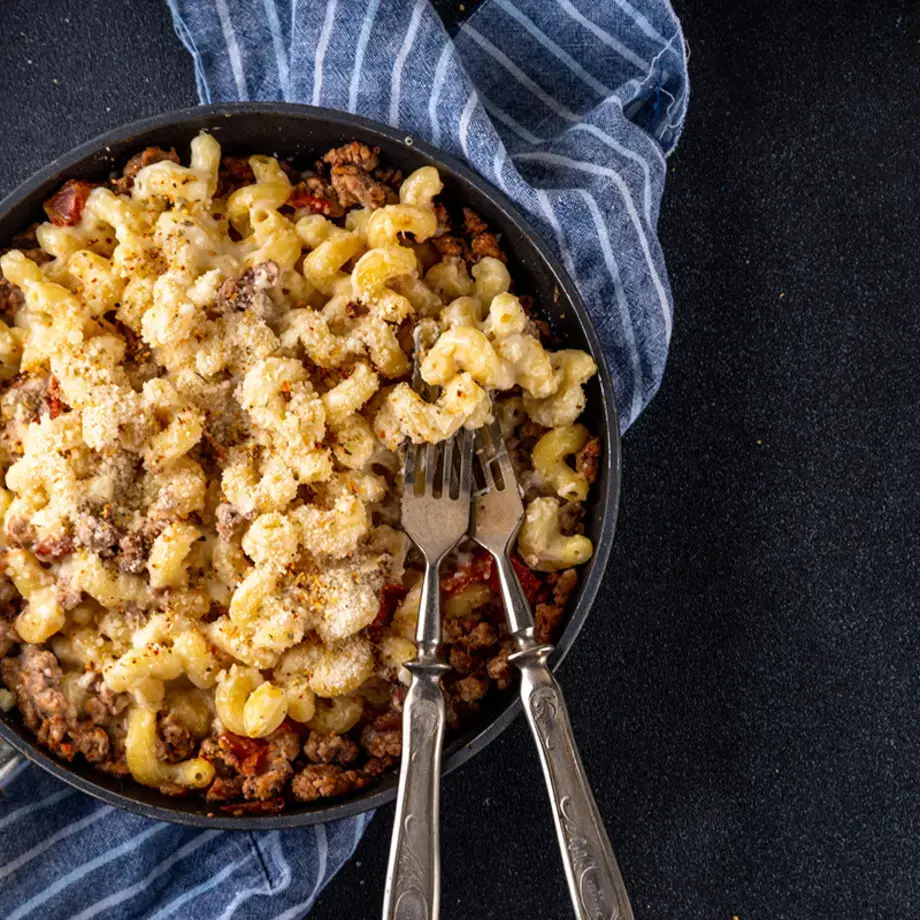Cranberries have many health benefits and are considered by many to be a superfood. To get the most out of them in juice form, you will need to ensure you’re drinking pure cranberry juice. However, that’s easier said than done.
Cranberries are naturally quite sour and very bitter. Because of this, most readily available cranberry juices aren’t pure but sweetened and diluted. If you can’t find pure cranberry juice in supermarkets, check your local health food store. But be warned – it isn’t exactly delicious.
So that just leaves the question, why is cranberry juice good for you? As this is for pure cranberry juice, not the sweetened and diluted kind, let’s break down the contents of the cranberries themselves.
Cranberries are an excellent source of:
- Vitamin C: One of the most important vitamins you need to be consuming on a daily basis, vitamin C is essential for a healthy immune system. It’s well known for being able to prevent colds and flu, but it can also help prevent serious conditions like cancer, strokes, and other things.
- Vitamin E: Necessary for maintaining healthy cardiovascular, nervous and reproductive systems. It also benefits your brain, skin and vision. Vitamin E deficiency is rare in humans, however. You’re probably getting enough of it in other foods, although there’s no harm in making sure.
- Cranberries are also a good source of these vitamins:
- Vitamin A: Famously known to improve vision (there’s a clue in its other name, retinol). Vitamin A also benefits cell division, which has positive consequences for growth and the immune system.
- Vitamin K: One of the more overlooked vitamins, vitamin K is important for blood coagulation and binding calcium to bones. In other words, a vitamin K deficiency means you aren’t making the most from your daily calcium intake.
- Vitamins B1, B2, B3, B6 and B12: B vitamins are essential for cell metabolism and, consequently, healthy blood and skin. The good news is that cranberries contain most of them.
Additionally, cranberries contain the following minerals:
- Calcium: Necessary for healthy bones and teeth.
- Magnesium: Effects more than 300 enzyme reactions in the human body, including protein synthesis, muscle and nerve function, blood glucose balance, and blood pressure regulation.
- Potassium: Another all-rounder like Magnesium. Potassium has multiple functions, including general organ health, but is particularly important for maintaining a healthy heart.
- Selenium: An important contributor to human metabolism. You only need a tiny bit and deficiencies are rare, which may be why you haven’t heard of it.
- Iron: A crucial part of red blood cell production and a healthy cardiovascular system.
- Zinc: Involved in more or less every function of the body. Humans require just a tiny bit for proper immune function, wound healing, blood clotting, and thyroid function among many other things.
Finally, cranberries are also a source of the antioxidants myricetin, peonidin, ursolic acid, quercetin, and various proanthocyanidins and anthocyanins (which give cranberries their deep red colour).
Combined, these antioxidants are thought to be the reason why cranberries appear to improve eyesight, lower blood pressure, and protect against liver disease and gut infections. Some may also have anti-cancer and anti-inflammatory properties. Moreover, it’s the anti-bacterial properties of proanthocyanidins that are attributed to cranberries’ UTI-preventing effects.
It should be noted, however, that fresh cranberries contain significantly higher quantities of these antioxidants than the juice.
Is it good to drink cranberry juice every day?
While chugging a jug of the stuff on the regular is bound to have some unpleasant consequences, a glass of this nutrient packed juice a day will do you good. So what’s the best time to drink cranberry juice? Anytime is cranberry time, but people with bladder problems or acid reflux might opt for drinking it in the morning rather than at night, when discomfort could interfere with their sleep.
Potential side effects
Cranberry juice has a kick because it is acidic. This chemical property means it can temporarily make conditions like acid reflux worse. It can also briefly irritate your gums and lips, or even some people’s bowels. If consumed in very large quantities, it can lead to kidney stones, so it’s important not to overdo the juice. Anyone on the blood thinner Warfarin should steer away from the juice, because it has been found to magnify the medication’s effects.
Cranberry recipes
Want to take advantage of the myriad health benefits cranberries have to offer? Don’t worry, Fine Dining Lovers has plenty of delicious cranberry recipes for you to try your hand at.










